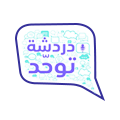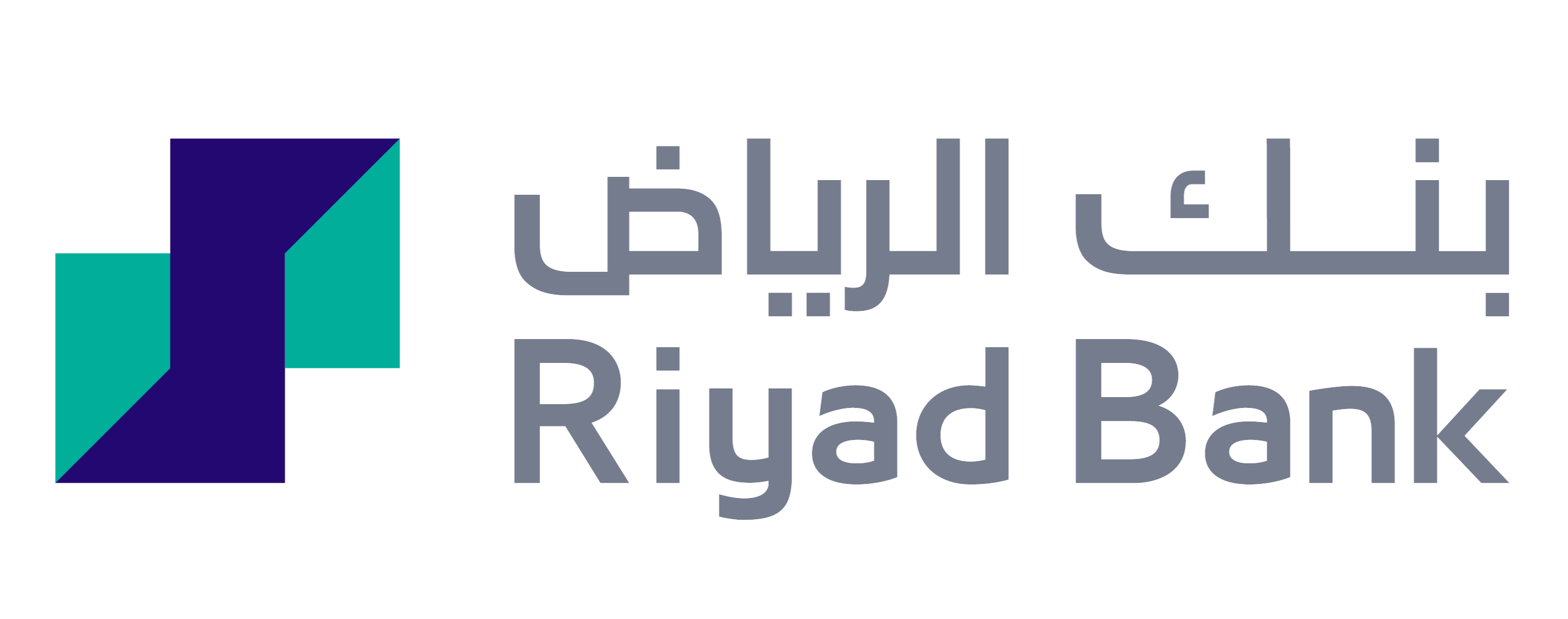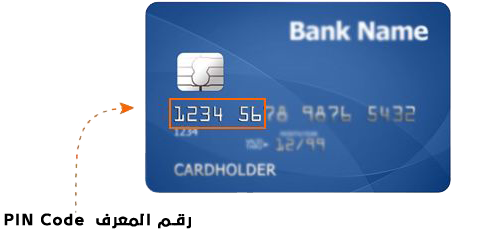Definition and introduction to the program
Training sessions are provided to parents as a group (5 parents) to be
mediators in the treatment process and help their children acquire different skills.
Types of programs
Communication and Social Interaction Development Program. Program Outcomes:
Understanding Pre-Language Skills: Identify the basics of pre-language skills and their importance in the development of communication in children.
Applying Motivating Communication Strategies: Acquire effective strategies to motivate their children to communicate using effective and understandable communication tools in everyday life situations.
Incorporating Daily Routines and Using Them for Training: Learn how to integrate communication strategies into daily routine activities to continuously enhance the child’s skills.
Using Stories: Explore how to use stories as an effective tool to develop language and communication skills in children.
Including Peers and Motivating Play: Learn the importance of play, choosing appropriate peers, and how to train them to use play as a means to develop social and language communication skills.
2. Toilet Training Program. Program Outcomes:
Pre-training skills assessment: Identify pre-training skills (Is my child ready to start?)
Implementing training steps: Identifying how to apply task analysis to facilitate toilet training
Implementing assistive strategies for toilet training: Identifying effective ways to achieve the best results during training
Evaluating skill progress: Identifying how to measure the beneficiary’s progress in the acquired skill
